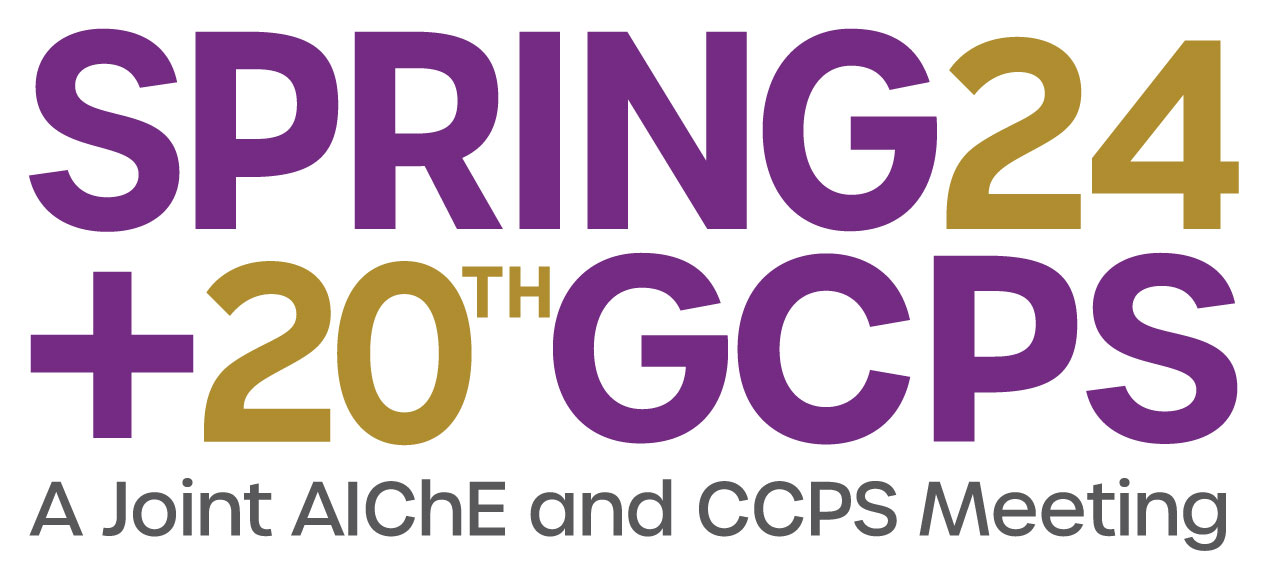

Oil extraction from reservoirs primarily relies on natural pressure or water injection, recovering just a fraction of the available oil (10% to 25%). Enhanced oil recovery (EOR) techniques, involving the injection of various chemicals such as surfactants, polymers, and alkalis, are utilized to increase hydrocarbon recovery. Polymers are used to increase water viscosity, thereby improving the oil/water mobility ratio, while surfactants modify the interfacial tension between water and oil. Often, a combination of surfactants and polymers is injected for improved mobility and reduced interfacial tension. However, creating a robust polymer-surfactant system capable of withstanding harsh reservoir conditions presents a significant challenge.
In our research, we synthesized hydroxybetaine zwitterionic surfactants and employed acrylamide-based copolymers with thermal stability and salt tolerance. We conducted a comprehensive rheological analysis of the surfactant-copolymer blend using an Anton Paar rheometer. Our findings indicated the compatibility of these polymeric surfactants and acrylamide-based copolymers at elevated temperatures, with no observable precipitation. The surfactant effectively reduced the interfacial tension of the oil-water interface. Furthermore, the rheological properties of the polymer-surfactant system exhibited a stable viscosity profile over an extended period, along with consistent elastic modulus values.
In deionized water, the addition of the surfactant resulted in reduced polymer viscosity due to charge screening. Remarkably, in seawater, the surfactant did not impact the viscosity of the polymer. Notably, oil recovery experiments demonstrated a substantial improvement, with over a 15% increase in oil recovery achieved through the injection of our novel surfactant-polymer system. Our study paves the way for the development of more effective EOR methods in challenging reservoir environments.
Presenter(s)
Language
Pricing
Individuals
| AIChE Member Credits | 0.5 |
| AIChE Pro Members | $19.00 |
| Fuels and Petrochemicals Division Members | Free |
| AIChE Graduate Student Members | Free |
| AIChE Undergraduate Student Members | Free |
| AIChE Explorer Members | $29.00 |
| Non-Members | $29.00 |
